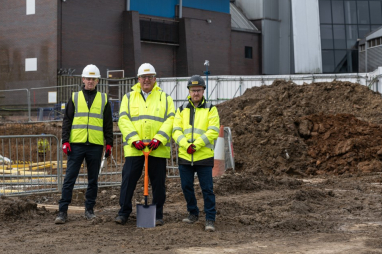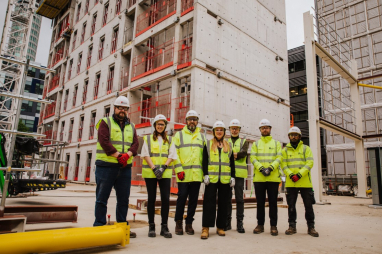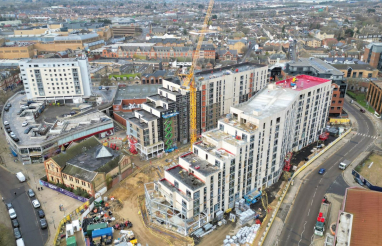- womens air jordan 6 barely rose dh9696 100 release date
- Панама adidas bucket - Ransom by adidas Bluff Lo 'Fairway' - IetpShops
- In this incredible set of vintage prints is the Air Jordan VIII - Air Jordan Retro 2016 Release Dates - The Air Jordan 1 Mid continues its impressive lineup
- Кросівки nike air max correlate (оригінал, 39 р). — цена 750 грн в каталоге Кроссовки ✓ Купить женские вещи по доступной цене на Шафе, Украина #109005122 , nike kyrie 1 easter on feet images and names free
- Luxury Online Shop
- air jordan 4 og fire red DC7770 160 release details price
- nike air force 1 boot cordura black wheat university gold do6702 001
- air jordan spring 2021 retro collection release date info
- eastbay restock large amount air jordans
- Air Jordan 1 University Blue 555088 134 Release Date Price 4
- Home
- News and analysis
- Info hubs
- Events
- Video
- Case Studies
- About us
- Magazine
- Advertising
Produced for the industry by the Association for Consultancy and Engineering
News
Infrastructure spending falls almost 40% in August, says Barbour ABI

Spending on UK infrastructure fell back 39% to £1.2bn in August, according to the latest analysis by Barbour ABI.
While the fall comes after July’s figure of £2bn, contract awards overall remained relatively healthy for the second month in a row with £6.3bn, according to latest data.
Barbour ABI said construction spending related to schools had increased by 34% and would provide some good news in the wake of recent announcements around RAAC - reinforced autoclaved aerated concrete.
Barbour ABI chief economist Tom Hall said all eyes were currently on the education sector following news regarding RAAC repairs.
“It may, therefore, come as a small positive for those affected that spending in the form of new project contracts increased 34% to £700m in August, driven largely by secondary school redevelopments,” he said.
“Approvals were also positive, with projects worth £500m moving through the pipeline and £400m of project applications in July.”
August also saw a continuation of higher spending levels for the commercial sector with £1bn in contracts awarded thanks to several large mixed-use projects in London and a positive month for healthcare with £300m.
Hotel and leisure appeared to be slowly returning to normal levels post-Covid but remained dependent on small numbers of larger projects.
Planning approvals continued a mini resurgence with £8.9bn worth of projects in August.
This was the third month of higher activity after a slump in the new financial year. The recovery has been driven by recoveries in the residential, infrastructure and industrial sectors, and a strong Q3 result is all but certain.
However, there was still no good news for planning applications, with continuing low activity since the beginning of the year pointing to a challenging future for the industry as the pipeline dries out.
In particular, extreme weakness in the residential sector remained clear, with just £3.3bn of new applications in the latest monthly figures.
“In the wider construction environment, confirmed activity remains very uncertain, and prospects remain muted for the second half of 2023,” added Hall.





